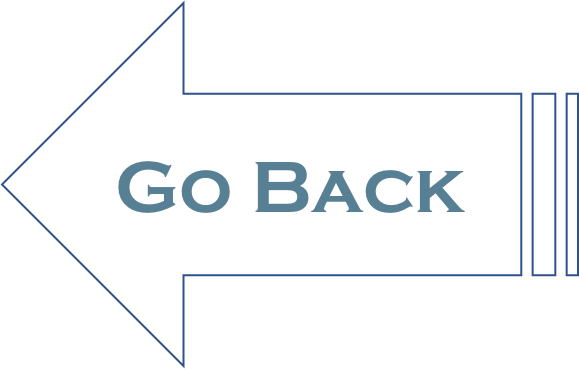Medication Management |
Page 8 |
What are your responsibilities when giving medication to children in your care?
If a child has a condition where the Americans with Disabilities Act (ADA) would apply, you must make reasonable accommodations and that may mean giving a child medication.
If a child has a condition where the Americans with Disabilities Act (ADA) would apply, you must make reasonable accommodations and that may mean giving a child medication.
The family must provide written instructions to caregivers on the proper administration of the medications or treatment required for the child. Care providers are free to choose whether or not to give medications outside of those required by the ADA. Your decision must be clearly documented in your health care policy and handbook. If a medication is prescribed two times per day or daily, oftentimes the family members will be able to administer it at home. There are exceptions, such as asthma medication, so be clear on when specifically medication needs to be administered.
Please remember that the information provided in this course is standard practice.
Be sure to follow the specific regulations mandated by the state or county for your program.
Be sure to follow the specific regulations mandated by the state or county for your program.
Medication in Child Care
From time to time, children may need to take medications while in care. Educators must be careful to handle medications properly and to ensure that children receive the appropriate dose of the right medicine at the right time. Keep in mind that creams and ointments such as diaper rash cream, sunscreen and insect repellent are also considered medications.
Early childhood programs need to set up a clear procedure for giving medications to children. Getting parents' written consent is an essential part of the process.
Early childhood programs need to set up a clear procedure for giving medications to children. Getting parents' written consent is an essential part of the process.
The following are some ideas and tips for administering medications safely in the early childhood program setting.
- Always require a signed release form.
- Choose a designated person to dispense medication.
- Give medicines only in the original container.
- Contact parents with questions.
- Store medications properly.
- Get permission for over-the-counter medications and creams.
- Use an accurate medicine dropper or dosage spoon.
- Stop giving medication if you observe side effects.
- Keep a record.

